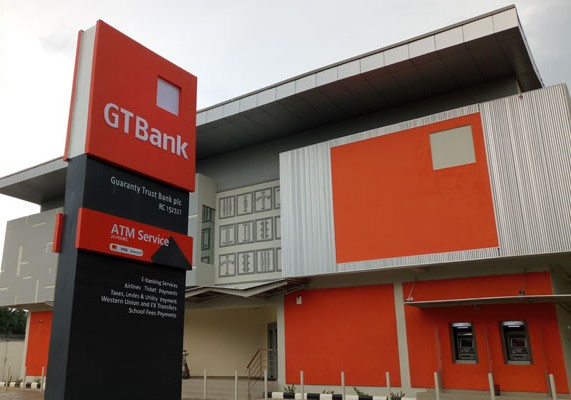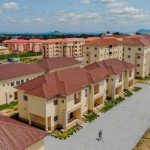Nigerian real estate market has witnessed significant growth and transformation in recent times. With a growing population, urbanization, and an expanding middle class, the demand for housing and commercial properties has increased, making real estate investment an attractive venture.
According to the CEO of Albert and Wand LTD, a real estate company in Lagos in a post on his Linkedln, noted that there are opportunities and challenges of real estate investment in Nigeria.
READ ALSO: Real Estate Investment In Nigeria : Things To Consider
OPPORTUNITIES:
Population Growth and Urbanization: Nigeria has one of the fastest-growing populations in the world, with a large percentage of the population moving to urban areas. This trend has created a significant demand for residential and commercial properties, presenting ample investment opportunities.
Growing Middle Class: The emergence of a burgeoning middle class has increased the demand for quality housing and modern amenities.
As more Nigerians seek better living standards, there is an opportunity for real estate investors to develop and provide affordable and luxury housing options.
Infrastructure Development: The Nigerian government has prioritized
infrastructure development in recent years, with initiatives aimed at improving road networks, power supply, and transportation systems. These developments have opened up new areas for real estate investment, attracting both local and international investors.
Real Estate Investment Trusts (REITs): The introduction of Real Estate Investment Trusts in Nigeria has provided a viable investment option for individuals and institutions. REITs offer investors the opportunity to diversify their portfolios, generate passive income, and participate in large-scale real estate projects.
CHALLENGES:
Inadequate Funding and High Interest Rates: Access to finance remains a significant challenge for real estate investors in Nigeria. High interest rates and limited access to long-term funding options hinder large-scale developments and make it difficult for small investors to enter the market.
Land Ownership and Title Issues: Clear land ownership and reliable title documentation continue to pose challenges in the Nigerian real estate market. Disputes over land ownership and conflicting claims often lead to lengthy legal battles, causing delays and uncertainty for investors.
Infrastructure Deficit: Despite recent improvements, Nigeria still faces an infrastructure deficit, particularly in power supply, road connectivity, and water and sanitation systems. Insufficient infrastructure can hamper real estate development and impact the value and attractiveness of investment properties.
Regulatory and Policy Environment: The regulatory and policy environment in Nigeria’s real estate sector can be complex and unpredictable. Inconsistent policies, bureaucratic bottlenecks, and unclear regulations create challenges for investors, particularly foreign investors seeking to enter the market.
Security Concerns: Security issues, including incidents of land grabbing, vandalism, and community disputes, pose risks to real estate investments. Investors must carefully assess the security situation in specific areas before committing to projects.
Despite these challenges, the Nigerian real estate market holds immense potential for investors. To navigate the market successfully, investors should conduct thorough due diligence, seek legal advice, and partner with reputable local developers and professionals. Additionally, engaging in public-private partnerships and taking advantage of government initiatives can mitigate some of the challenges associated with infrastructure development and funding.
Investing in Nigerian real estate offers substantial opportunities for investors due to population growth, urbanization, and a growing middle class. However, challenges such as inadequate funding, land ownership disputes, infrastructure deficits, regulatory complexities, and security concerns must be carefully considered and addressed. By staying informed, conducting proper research, and adopting a cautious yet proactive approach, investors can tap into the immense potential of Nigeria’s real estate market in the years to come.


















Follow Us